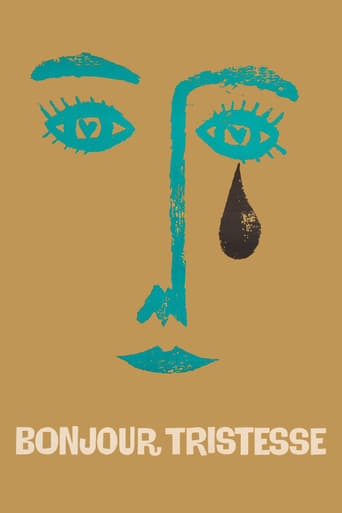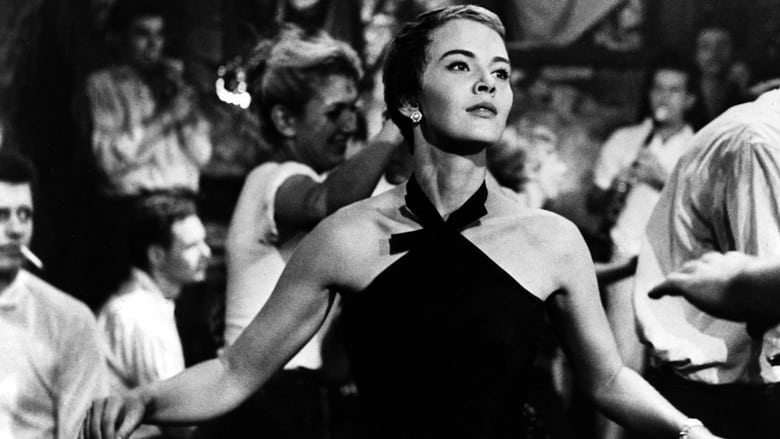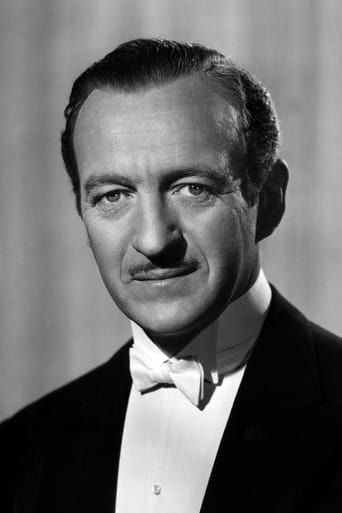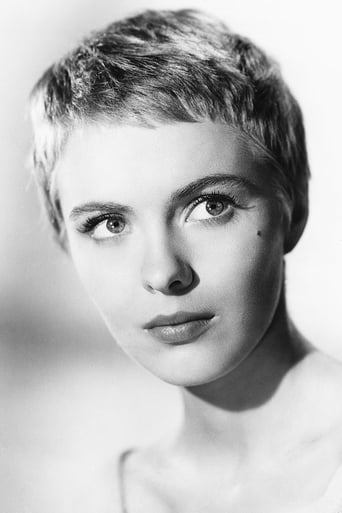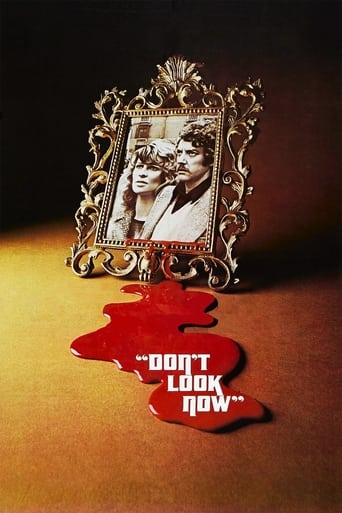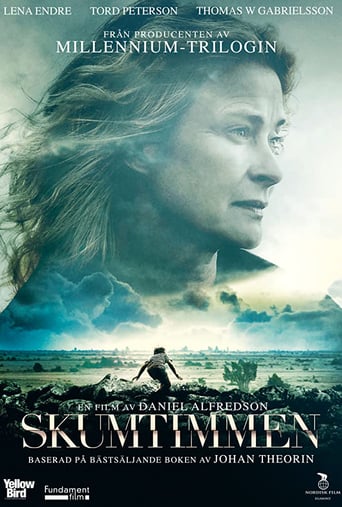Bonjour Tristesse (1958)
Cecile is a decadent young girl who lives with her rich playboy father, Raymond. When Anne, Raymond's old love interest, comes to Raymond's villa, Cecile is afraid for her way of life.
Watch Trailer
Cast


Similar titles
Reviews
Adapted from Françoise Sagan's debut novel published in 1954 when she was merely eighteen- years-old, Otto Preminger's BONJOUR TRISTESSE thrives on weaving its melodramatic tenor through the flippant precociousness of its protagonist, Cécile (Seberg), a 17-year-older gamine living with her affluent but roué father Raymond (Niven).The film starts in Paris, in her all-out glamour and allure reflected through the monochromatic lens, Cécile and Raymond appear to be the perfect father-daughter pair, no generation gap, neither is too clingy to each other, they are like-minded and incredibly compatible, thoroughly luxuriate in their bourgeois dalliances as if nothing could ever faze them.However, elicited by Juliette Gréco's terribly sensuous and lugubrious rendition of the titular theme song BONJOUR TRISTESSE, written by Georges Auric, Cécile's memory hacks back to one year earlier, in French Riviera, while the movie flashes back into its varicolored richness, it is a guilt- ridden recollection, - seven, is my lucky number, murmurs Cécile, but exactly, what happened last summer?Tragedy happens, certainly, bonjour tristesse literally means hello sadness, but before that, there were happy moments, Cécile was on vacation with Raymond and his young lady friend Elsa (Demongeot, a blonde bombshell in Marilyn Monroe-ish chicness) in his villa, soon they were joined by Anne (Kerr), an old friend of Raymond's late wife, Cécile's godmother, now a divorcée, whereas Cécile found herself a new beau, Philippe (Horne), an open-faced, handsomely-built young man living nearby.The cast must have such a great time in making this film, sunbathing, swimming, water-skiing, dining, drinking, gambling and wiggling, everything sounds like a paid holiday. Then, bang, Raymond expresses his affections to Anne and proposes to marry her, and suddenly Elsa being kicked out of the picture. The match seems perfect, even in the eyes of Cécile, maternity endearment is something very healthy for her growth and nobody could be more suitable than Anne to assume that role. But soon, the spoiled side of her nature eggs her to defy Anne's matronly discipline, and an apparently naive plan (with the help of Philippe, a fool in love, and the "brilliant" Elsa) to scuttle Raymond and Anne's marriage will go haywire and the aftermath will make Cécile rue the day.There is something inherently vapidly in Sagon's story, but the movie retains magnificently a superficial but bewitching unpretentiousness of Raymond and Cécile, which makes them watchable, they are not intelligent people, Anne is evidently too good for them, but on the other hand, they are very much honest to themselves, the tragedy could have been avoided (there is no clarification it is an accident or a suicide, but the marriage would still hit a bumper road in a long run), in a way, Cécile's scheme only help Anne to see through Raymond's nature, so from a more cautionary aspect, the whole story seems to bear witness that we should never have the illusion that one's unconditional love can change a person, either take it wholly or leave it immediately, there is no grey area here.Preminger really loved Seberg, after the flop of SAINT JOAN (1957), Seberg's screen debut, he didn't give her up, here he cherry-picks her a tailor-made role and unreservedly puts her in the centre of the narrative, to flesh out her elfin mischief, singular delicacy, all in a continental style, prepares her for the star-making triumph in Godard's BREATHLESS (1960).The Niven-Kerr pair works side by side twice in a calendar year, compared with a more self- inflicted restraint in Delbert Mann's ensemble piece SEPARATE TABLES (1958), Niven is much more nonchalant as a sybarite, to quote Raymond - is silly and vain, whereas Kerr hops up with a refreshingly relaxed air of being "the unattainable Anne" during her flashy entrance, only not soon would she backtrack to the stereotype of "Raymond, I cannot be casual" seriousness, or, in Cécile's words, "the prim, prissy and prude".Calling BONJOUR TRISTESSE a high point of Preminger or any these leading stars' coruscating careers is a far-fetched argument, however, its reputation and mojo as a level-headed cinematic raconteur endures the test of time, sleekly orchestrated by Preminger's efficient artifice and Auric's string-heavy score.
a novel. a splendid cast. French Riviera. and the steps from present and past. at first sigh, it is the film of Jean Seberg. her look, her voice, her childish revenge with tragic result. in fact, the great virtue of film is the wise measure. and the motif who transforms the novel of Sagan in a fascinating story about egocentric and selfish game of survive of two lonely people. David Niven seems be the perfect choice for become Raymond. the easy manner to define life, the never end holiday, the sarcasm and kind, mixed in a seductive manner are pillars for a great performance. the essential ingredient of the force of film remains the work of Deborah Kerr. in her desire to become a kind of Pygmalion, the fall becomes key of film. the desire to transform a chaotic Paradise in normal life is important piece of a great story about a beautiful story about the meanings of life.
Bonjour Tristesse is a very slight, not especially original story that Deborah Kerr brings depth to, and Preminger brings his usual sangfroid to. The locations are amazing. The cinematography is wonderful, the music is superb. I wouldn't watch it for the story as much as for the interesting take on relationships, and especially for the way the director tells the story through the camera set ups.The acting is not always compelling. Jean Seberg and the younger actors are attractive and charming, but not brilliant. David Niven is very good. Deborah Kerr is on a different level; she gives a very polished and meaningful performance.
First, one of your commentators remarked that the Riviera looked great. I do not believe Preminger filmed it there. The site was probably Lake Tahoe, with a few shots taken in the south of France, of course, to add authenticity. Interiors were all made on Hollywood sound stages. The book is far more subtle and carefully crafted than the screenplay. Near the end, when Anne discovers Raymond and Elsa together, she overhears him saying several deceitful and insensitive remarks, remarks that portray him as shockingly depraved. The book does not reveal those remarks to us; we continue to think of Raymond as, well, yes, promiscuous, but basically charming and decent.

